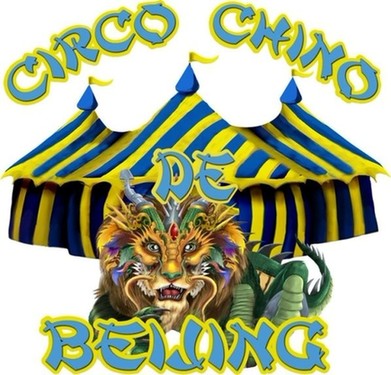Ban wild circus animals, but let Fido have a ball
- By Robert Raymer
 0 Comment(s)
0 Comment(s) Print
Print E-mail China.org.cn, February 2, 2012
E-mail China.org.cn, February 2, 2012
|
|
|
Robert Raymer |
The circus is in town in Panama City, but while children and their parents under the big top of the so-called Circo Chino de Beijing (Beijing Chinese Circus) sit delighted by acrobats and wowed by animal acts, outside the tent, protesters chant and hold signs that denounce the mistreatment of circus animals.
The Beijing Chinese Circus, on an extended tour of Central America, is, despite its name, Mexican-owned, although one of its proprietors is a Chinese-Mexican acrobat who performs in the show. Unfortunately, the misnamed circus fools many that it is a traveling Chinese show. Subsequently, those duped may assume that China must approve of the use of animals in circuses. In fact, since late Jan. 2011, PRC authorities, agreeing with Chinese animal welfare groups despite the popularity of circus animal acts in China, have banned the use of animals in circuses and required proper care of animals in the nation's zoos.
With the ban, China joined many other countries in the fight to protect captive animals. In 2009, Bolivia banned the use of any animals in circuses and many other countries prohibit the use of wild animals in performances. A similar effort was made by the United Kingdom Parliament in 2011, but failed. Nevertheless, the effort put UK circuses on notice to improve the living and working conditions of their animal performers. The Chinese government is especially commendable because it acted not from public pressure but because it was the right thing to do.

United States' standards on captive animal protection still trail China's, although the current US Animal Welfare Act seeks to ensure the humane care and treatment of warm-blooded animals bred for commercial sale, used in research, transported commercially, or exhibited to the public. However, the federal standards are minimal and don't adequately protect circus animals. Fortunately, many individual US states provide better protections, with California having America's strongest animal protection laws, which shield animals from harm in homes, on farms, at racetracks, in circuses and zoos and even in the wild.
China was right to ban wild animals from circuses, not only because the animals are often mistreated and almost always housed in poor living conditions, but because watching the spectacle of noble, wild animals performing in unnatural ways - such as tigers on motorcycles - is inhumane.
Although many organizations, most vociferously People for the Ethical Treatment of Animals (PETA), call for the prohibition of all animals from circus shows, that is going too far unless we also plan on banning human performers as well. After all, domestic animals are not only kept as pets, but also play integral roles in the private sector, like sheep bred for wool, and the government, like drug-sniffing dogs.
Seeing an elephant dressed as a clown, balancing itself on a ball is sad and out of place in our society. Seeing Fido or Henry the Horse do the same trick is just as likely to win the roar of approval from the crowd.
Robert Raymer is a Panama-based former career Foreign Service officer, was U.S. Consul General in Panama City, San Salvador and Buenos Aires and a foreign policy advisor in the administration of Panamanian President Martin Torrijos.
Opinion articles reflect the views of their authors, not necessarily those of China.org.cn.







Go to Forum >>0 Comment(s)